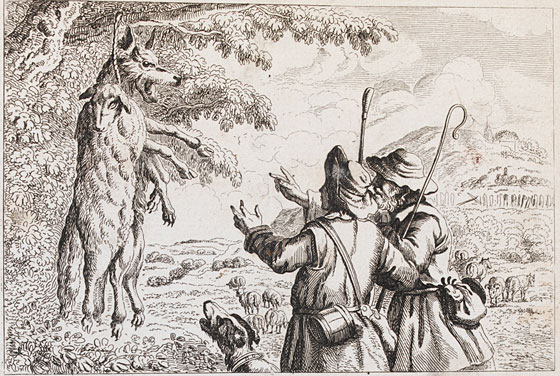I’m getting caught up in the weeds and I know it. It happens
almost every time I sit down to write anything longer than a few pages. I start
thinking about formatting, adding in a table of contents, a title page. I waste
hours struggling with page numbers, since the simplest of tasks must always be
the most complicated part of your project (well done, Microsoft Word). But for
some reason I just can’t resist.
You can blame it all you like on “the writer’s environment.”
Sure, maybe it helps me stay focused if the size of my document page is roughly
5x8 instead of the standard 8.5x11. But I think, knowing myself, that I’m
really just putting off getting back to writing.
I have made some progress, of course. About eight pages of
progress. In the face of what should be a three-hundred page novel.
To quote Charlie Brown….good grief.
But I’m not a marathon runner. I can chug out a fifteen
minute mile if I’m lucky. That’s because I’m not in running shape and I don’t
do it every day. Just the same, I’m not in the writing shape I was as a teen,
when I could come home after school and write for three hours straight. I don’t
get to do that anymore. So I’m trying to cut myself some slack and pace myself.
The finish line is where I choose to set it. That might be next year for all I
care. So long as I finish the race
Something else that I haven’t been able to quite nail down
(understandably) is a title for this new project. And for some reason I am
obsessed with getting it figured out, which is terribly ironic since the book
isn't even partially written yet. You don’t need to finish a work before you
name it. But it certainly helps if you know every nook and cranny before you
try to sum it all up in as little as one word.
Naming our work can be extremely intimidating. Not only is a
title meant to be representative of the story as a whole, but many people will
choose to read or not read a book based on the words they see scrawled on the
spine. They say “don’t judge a book by its cover” – but no one has ever said
that you shouldn't judge a book by its title.
Then how do we come up with truly great titles? It’s not a
practice that can be nailed down, as you might be led to believe by the headline
of today’s featured article, “How To Come Up With A Great Title For Your Book.”
Writer’s Relief has lots of great techniques for getting the results you want,
and I recommend them all. But no advice is ever a guarantee for success. That
you have to work for yourself.
Personally, I have always loved titles that are poetic and
active. One word titles, or titles that echo the name of the main character,
don’t always catch my attention that much. Imagine if you had to title the
story of your life. Would anyone want to read a book called Lindsey Mitchell? If we’re being honest,
I’d put it at the bottom of the pile, underneath things like Turn Right at Orion, The Left Hand of Darkness, and Frightful’s Mountain.
Don’t get me wrong – I am not above titling a work after the
main character, and there are famous authors who have done so (Emma, Macbeth, Lolita) with great success. It helps if the character is so vivid and memorable that they lend their personalities to their very names. But if a reader can’t remember the title (I have one story that most people who have read it recall as ‘that one with the alien and the arms’) then you might
want to revisit and come up with something less forgettable.
The question remains: but
how??
Sometimes you don’t have to work too hard for it. You might
discover the title in a scene you wrote that you didn't think would be very
important. The name might impress itself upon you in the very last pages of the
book. Or perhaps it introduced itself at the start of its conception.
And sometimes it takes a few drafts, or a few weeks even, to
come upon something that you find fitting. But don’t put so much pressure on
yourself. Give it time. Come up with a few options before settling on the one. Read and reread your work,
digest it. Look at the passages you’re most proud of, the descriptions you find
most compelling. Use these places as inspiration, and you’re bound to come
across something that will be both descriptive and eye catching.
And if you get really stuck, always remember to use your beta readers/editor as a resource. They might have suggestions that really strike a chord with the story.



